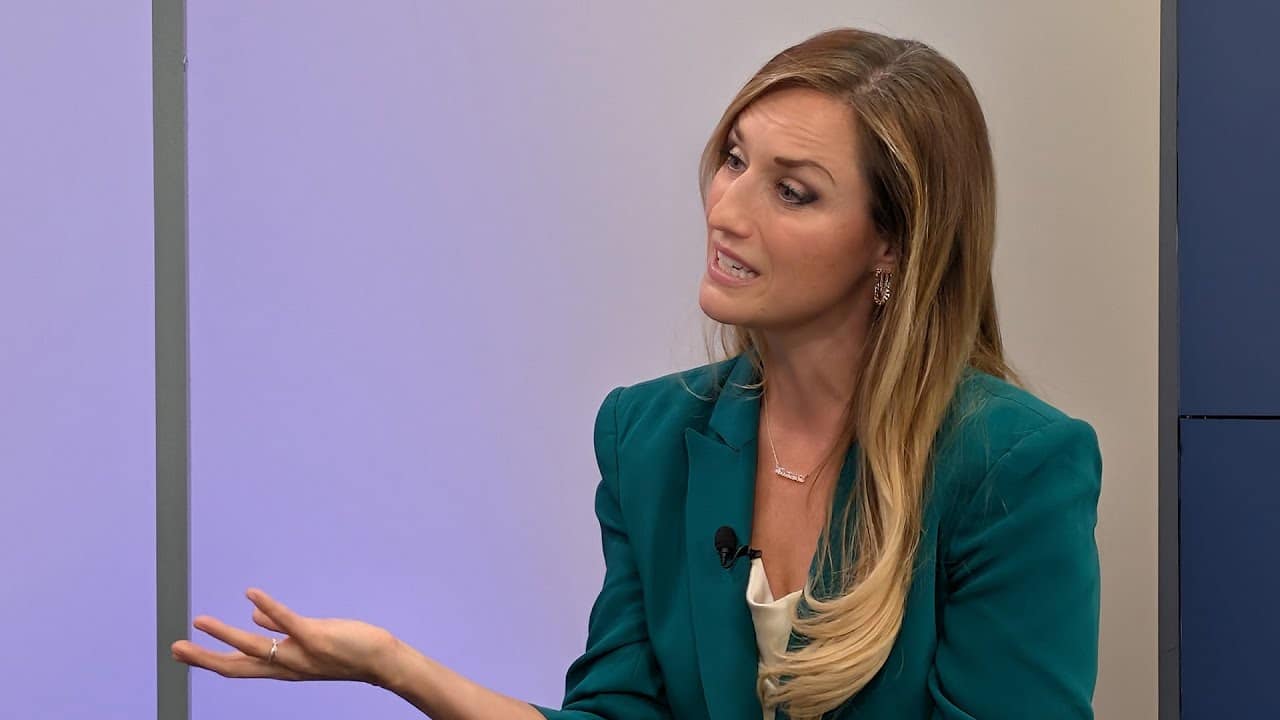Triple D: Documentation, Discipline & Discharge
All employers – even the ones with great office cultures – sometimes have difficult employees. Every week, our free hotline (1-800-499-4419, ext. 3) and email service (member411@njbia.org) provide guidance to frustrated employers. Below we summarize some common questions on documentation, discipline and discharge.
Q: My really poor performer has never been written up. Is firing them going to be a problem?
A: It could be if the employee disputes it or claims that they were fired for something other than work performance. All employment decisions should be performance-based and not based on other issues including, but not limited to, pregnancy, race, religion, sexual orientation, gender, age, etc. (These classifications may support discrimination claims in violation of several laws.) We’re told by the attorneys that we work with that a thoroughly documented personnel file can mean the difference between a lawsuit getting dismissed or a case going to trial.
Q: Is there a law requiring that I have an employee handbook with my policies like those for discipline?
A: There’s no law requiring you to have a handbook, but it’s a good way to defend yourself, provided the handbookis drafted correctly. If your discipline policies are not clear, an employee can argue that they weren’t aware of the rules. If an employee ever takes you to court, a well-drafted handbook can effectively prove that your employee understood what was expected of them and what they could expect of you. A handbook can also be a good source for information on employee leave, paid time off policies, etc.
Q: If I fire someone, are they automatically disqualified from collecting unemployment?
A: The person you fire can still try to claim unemployment, which may count against your account. If they do, it will be up to you to appeal to prove that your policies were clear and the person actively violated them or committed misconduct. Under New Jersey law, if someone is discharged for misconduct they must wait eight weeks before collecting benefits, and those who are discharged for “severe” or “gross” misconduct are disqualified from receiving unemployment indefinitely until they work for an new employer. Examples of severe misconduct are use of drugs/alcohol on the job, repeated violations of a company rule, repeated lateness or absences after receiving a written warning from your employer, destruction/theft of company property, or misuse of benefits. “Gross misconduct” is conduct connected with the work, which would constitute a first-, second-, third-, or fourth-degree crime. The key to proving all of this is to document, document, document!



